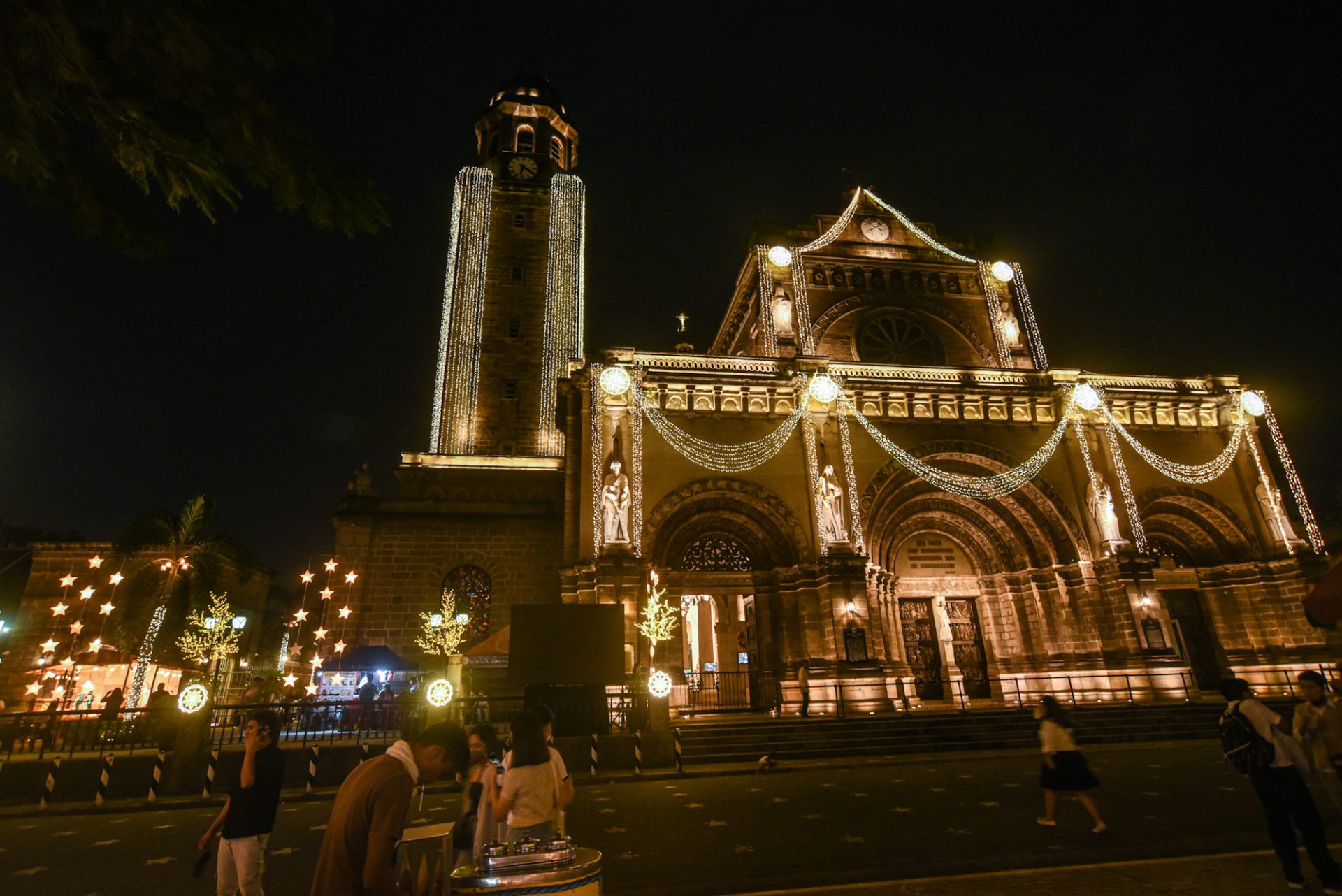The start of the nine-day “Simbang Gabi,” the traditional dawn Mass celebrated in the Philippines before Christmas starting December 16, brings “seasonal Catholics” back to churches.
“Seasonal Catholics” are “those who actively go to church whenever there is an occasion only, such as Christmas,” said Father Edu Gariguez in an earlier interview.
“People attend the Simbang Gabi. The Masses are always full. It’s the same during Holy Week,” said the priest. He said “folk religiosity” seems to drive the faith of Filipino Catholics.
The Philippine Statistics Authority earlier noted that only 20 percent of the 74 million Filipinos who identify themselves as “Roman Catholics” hear Mass on a regular basis.
Filipino Catholics accounts for 80 percent of the entire Philippine population.
Data from a survey done by pollster Social Weather Stations released in 2021 showed that only 46 percent of adult Filipinos attend religious services weekly.
The survey revealed that 25 percent attend monthly, 27 percent go occasionally, and 1 percent never attend religious services.
The figures compare to the 2019 average attendance of 44 percent weekly, 34 percent monthly, 21 percent occasionally, and 1 percent never.
Weekly attendance in religious services remains highest among Muslims at 94 percent. They are followed by members of Iglesia ni Cristo at 70 percent, other Christians at 61 percent, and Catholics at 41 percent.
Father Gariguez, however, said regular attendance in Church activities does mean that one is a good Catholic “especially if you don’t translate your faith into life.”
The Philippines’ “Simbang Gabi,” also known as “Misa de gallo (Mass of the Rooster),” used to be celebrated in the wee hours of the morning during the harvest season in the the country.
The Misa de Gallo became a Filipino tradition after the arrival of Spanish colonizers 400 years ago. It is held as early as 3 a.m. in several provinces.
Pope Sixtus V ordered that the Mass be heard before sunrise because it used to be the harvest season in the Philippines, and farmers needed to be in the fields immediately after the celebration.






